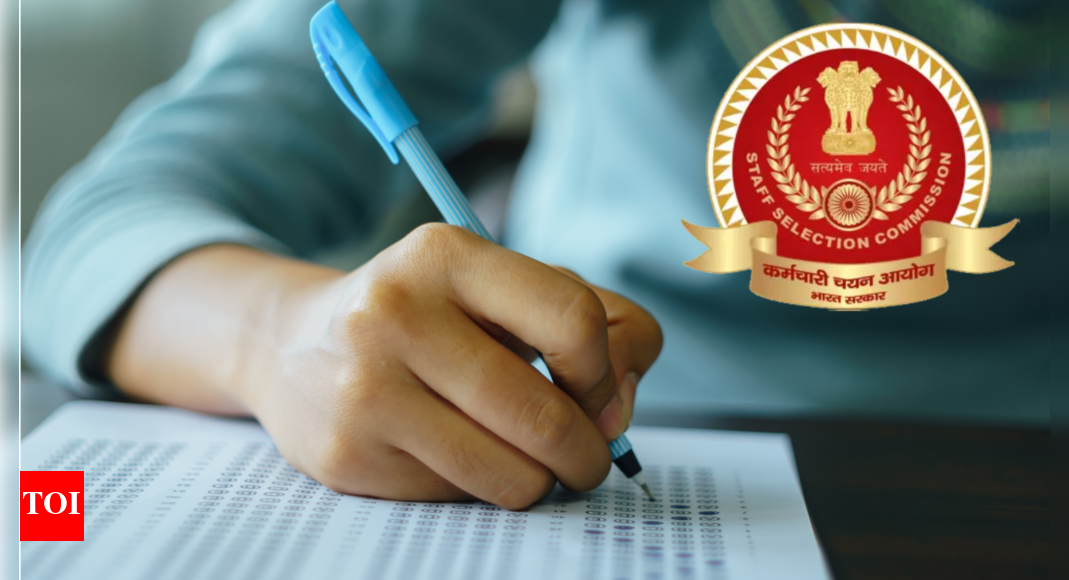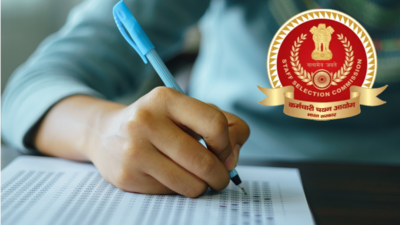The Team of workers Variety Fee (SSC) has issued a stern caution to applicants in regards to the dialogue, research, or flow of exam query papers on social media and different platforms. This transfer comes underneath the just lately enacted Public Examinations (Prevention of Unfair Manner) Act, 2024 (PEA Act, 2024), designed to make sure the sanctity of public examinations throughout India. The Act criminalises unauthorized get entry to, ownership, or sharing of query papers, resolution keys, or any a part of the examination content material. Offences underneath the Act are cognisable, non-bailable, and non-compoundable, and can result in imprisonment, hefty fines, and disqualification from long term checks. The SSC’s caution highlights the hazards posed via on-line leaks and emphasises the duty of aspirants, training establishments, and virtual platforms in keeping up truthful exam practices.
Figuring out the criminal framework: PEA Act, 2024
The Public Examinations (Prevention of Unfair Manner) Act, 2024 supplies a transparent criminal framework to take on unfair practices in examinations. Key provisions come with:
- Phase 3 – Unfair Manner: Prohibits the leakage, disclosure, ownership, or dissemination of query papers, resolution keys, or any section thereof with out correct authority.
- Phase 9 – Nature of Offences: All offences are thought to be cognisable, non-bailable, and non-compoundable, because of this that criminal court cases can start straight away and can’t be settled privately.
- Phase 10 – Consequences:
- People would possibly face imprisonment of three–5 years and fines as much as ₹10 lakh.
- Carrier suppliers or establishments occupied with dissemination could also be fined as much as ₹1 crore, disqualified from long term checks, and chargeable for restoration of prices.
- Organised crime teams can face imprisonment of five–10 years and fines no longer not up to ₹1 crore.
This stringent criminal framework underlines the seriousness with which the federal government perspectives exam malpractice.
SSC’s caution and advisory to applicants
The SSC has explicitly warned applicants, training centres, content material creators, and social media platforms to steer clear of any dialogue, research, or flow of SSC query papers. The Fee emphasises that such actions compromise exam integrity, create unfair benefits, and violate the legislation. Applicants are prompt to file any suspected leaks or unauthorized sharing to the government straight away.The caution additionally serves as a reminder to virtual platforms and training institutes that they can’t host, proportion, or advertise exam content material illegally. Violation would possibly draw in heavy consequences, criminal motion, and long term disqualification.
Reactions from aspirants and educators
The SSC’s directive has sparked blended reactions amongst aspirants. Many applicants agree that keeping up exam integrity is important, specifically in a extremely aggressive atmosphere. Alternatively, some have criticised the transfer as overly restrictive or “dictatorial”, arguing that dialogue and research of questions continuously lend a hand peer finding out and give a boost to working out.Educators indicate that whilst finding out from dialogue is effective, it will have to be accomplished inside of criminal limitations, equivalent to analysing mock exams or earlier yr papers legally launched via SSC, relatively than sharing are living query papers.
Implications for applicants and establishments
The SSC caution serves as a reminder of the intense criminal implications of violating the PEA Act, 2024:
- Applicants: Will have to chorus from sharing, discussing, or posting SSC query papers on-line, as it will result in imprisonment, fines, and examination disqualification.
- Training institutes: Will have to make certain that no group of workers or scholars take part in unlawful dissemination of examination content material, as establishments also are liable underneath the legislation.
- Social media platforms: Must track and take away prohibited content material to steer clear of consequences.
This means underscores the significance of duty and moral habits in examinations.

